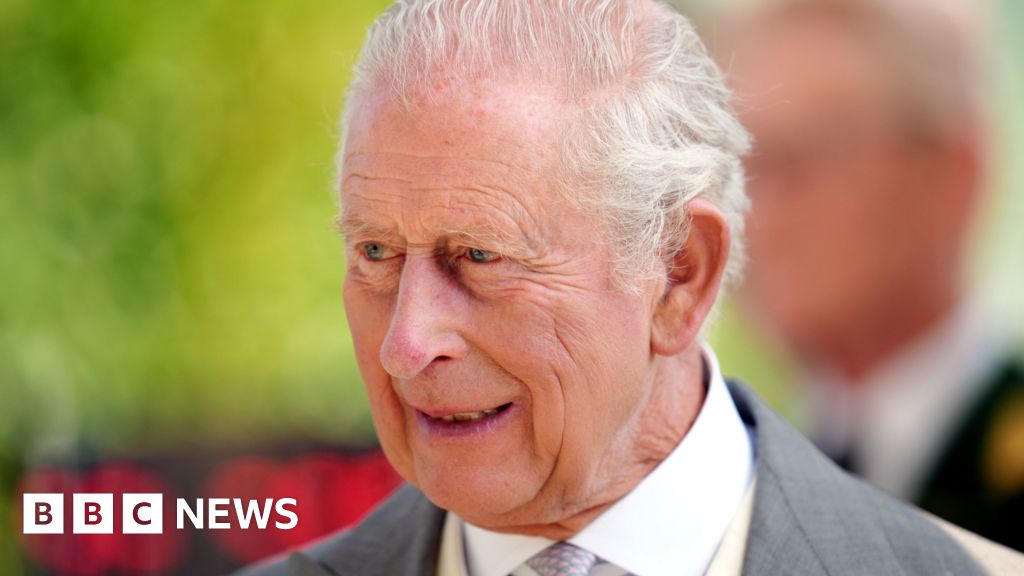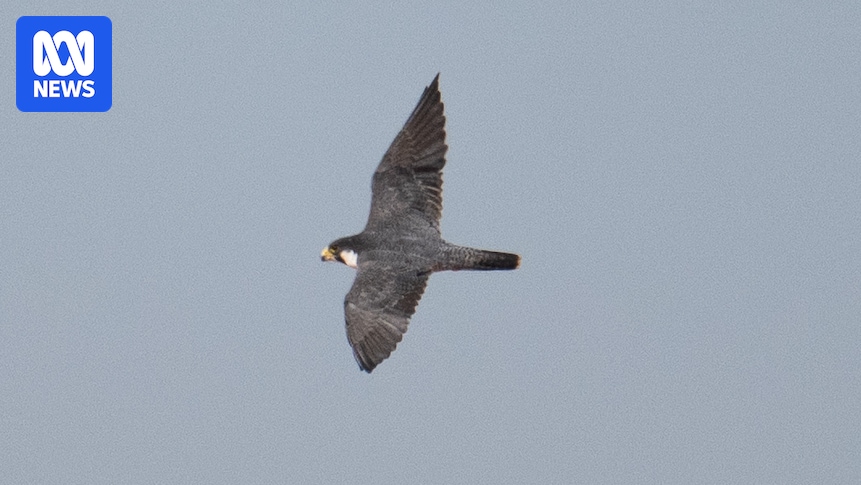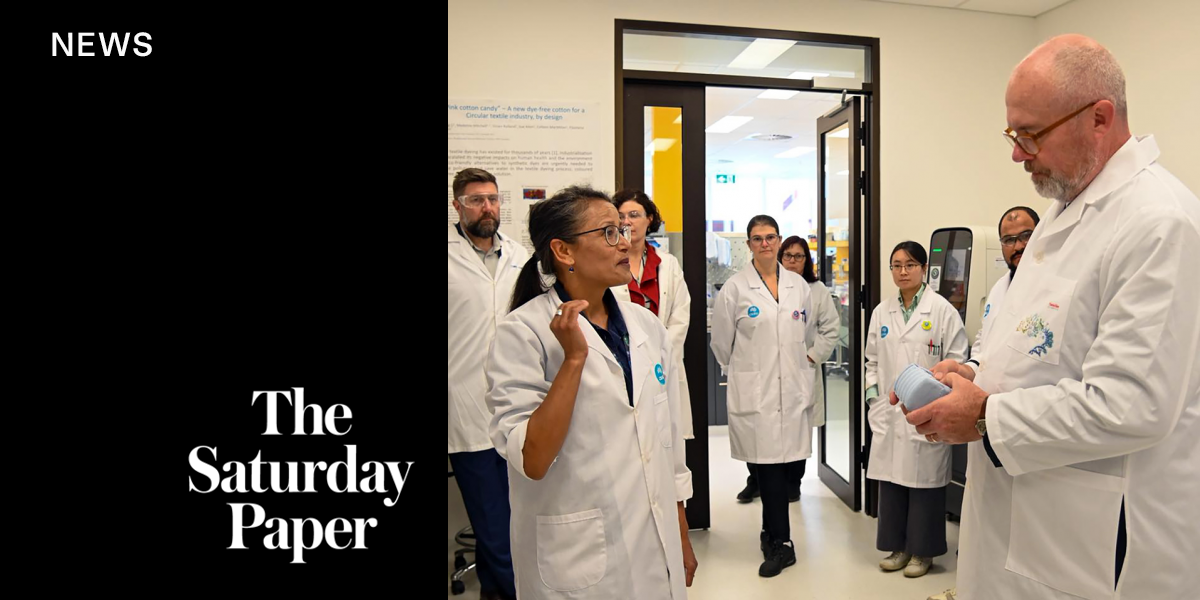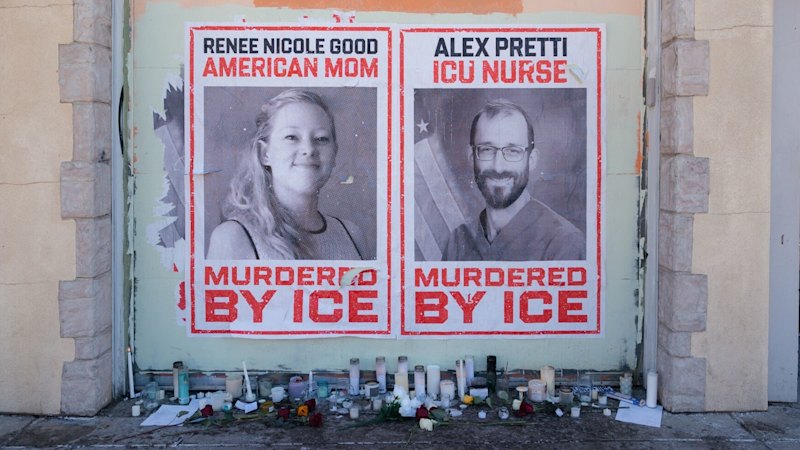
King Charles has delivered a heartfelt message to Antarctic researchers, celebrating Midwinter’s Day in the frozen expanse of the southern continent. The monarch’s address, marking the 70th anniversary of the BBC’s Antarctic Midwinter Broadcast, commended the scientists’ efforts in advancing the understanding of climate change. “Each observation, measurement, and calculation you undertake adds to the world’s understanding of the Earth’s fragile systems,” the King stated.
This annual broadcast serves as a morale booster for researchers stationed in the remote and icy conditions of Antarctica, where the sun does not rise during winter. Alex Rootes, head of the UK’s Rothera research base, expressed the honor felt by the team at receiving such recognition for their pioneering scientific work in challenging conditions.
Midwinter Celebrations Amidst Antarctic Isolation
While the UK experiences the warmth of summer, Antarctica’s researchers endure the harsh Midwinter’s Day, characterized by perpetual darkness and relentless snow. The King’s message, filled with warmth and encouragement, acknowledged the researchers’ “critically important work” and their resilience in tracking changes in the ice.
King Charles, known for his longstanding commitment to environmental issues, highlighted the significance of their research in understanding humanity’s role in environmental changes. “With the sun shying away from your horizon today, I particularly wanted to send my warmest good wishes,” he said, emphasizing the importance of their work in the broader context of global climate challenges.
A Tradition of Support and Recognition
The BBC World Service’s Midwinter Broadcast has become a cherished tradition for the isolated scientists, featuring contributions from notable figures over the years. Past broadcasts have included messages from Sir David Attenborough, musical interludes from comedian Bill Bailey, and humorous sketches from the cast of W1A.
King Charles is the first monarch to participate in this annual event, underscoring the critical role of the British Antarctic Survey. “More vital than ever, telling us stories of the past, the present, and possible futures,” he remarked, highlighting the survey’s contributions to understanding environmental shifts.
The British Antarctic Survey has described Antarctica as a “barometer of environmental change,” with researchers analyzing ice cores to track climate variations over millennia.
Scientific Endeavors in Extreme Conditions
At the Rothera research base, one of the key locations for the British Antarctic Survey, Alex Rootes and his team of 41 researchers listened to the broadcast, a rare connection to the outside world. The base is so remote that the nearest hospital is a thousand miles away, underscoring the isolation faced by these scientists.
Other research bases, such as those on Bird Island and South Georgia, also tuned in, forming a unique audience bonded by their shared mission and the extreme environment in which they operate. The work conducted here is not only vital for scientific advancement but also for understanding the broader implications of climate change on a global scale.
Looking Ahead: The Future of Antarctic Research
The King’s message comes at a time when the importance of understanding environmental changes has never been more critical. As the world grapples with the effects of climate change, the research conducted in Antarctica provides invaluable insights into the planet’s past and future.
With the continued support and recognition from figures like King Charles, the work of Antarctic researchers remains in the spotlight, emphasizing the need for ongoing scientific exploration and international cooperation in addressing global environmental challenges.
As the Midwinter celebrations conclude, the scientists in Antarctica will continue their vital work, armed with the knowledge that their efforts are appreciated and crucial to the world’s understanding of climate change and its impacts.







